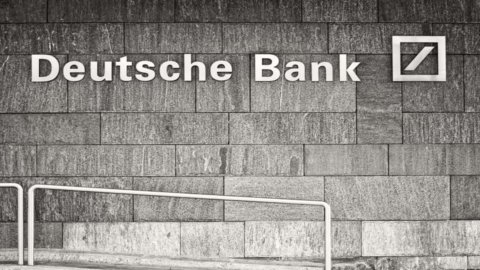"By applying the impact of liberalization observed in the last ten years in Italy in the average of OECD countries, one could obtain growth equal to at least 1% of GDP, or wealth of around 13 billion euro". As the president of the Antitrust, Giovanni Pitruzzella, in the hearing in the Industry Commission of the Senate on the liberalization decree. An estimate – he pointed out – which “is based on the impact of liberalization observed in the last decade, making it difficult to assess the expected impact in the current situation”.
The Antitrust promotes “significant pro-competitive innovations introduced in matters of regulation of the professions, of electricity, natural gas and fuels, as well as in matters of local public services and transport regulatory authorities", (and among these in particular the rule which provides for the ownership unbundling of the management of the transport infrastructure, headed by Snam Rete Gas SpA, by Eni SpA) but does not fail to underline, however, that "the provisions of the liberalization decree relating to financial and insurance services appear to be more critical".
The critical issues concern "in particular as regards the interbank commissions charged to merchants on transactions carried out with electronic cards and on the subject of the mortgage-life insurance policy combination". For interchange fees payable by merchants relating to transactions made by payment card, Pitruzzella underlines that "although he favorably evaluates the elimination of the reference to the 1,5% limit, one cannot fail to note the critical nature of the provision of an agreement between competing operators to define the general rules to ensure a reduction in commissions interbank".
While the combination of the mortgage with the life insurance policy, the measure contained in the decree law "is likely to produce restrictive effects in terms of competition, as it appears to favor the combination of services that are not necessarily linked". Furthermore the offer of two different estimates "facilitates the reaching of agreements between competing operators". In short, Pitruzzella asks that the mortgage policy be chosen by the person applying for the loan, unlike what is provided for by the decree according to which the bank issuing the loan would be obliged to submit estimates from two different insurance companies. As far as motor liability insurance is concerned, the President of the Authority argues that the rules contained in the provision are likely "to discourage 'multi-mandate' and, at the same time, encourage the persistence of single-mandate agents who offer only the product of the Company of which they are agents ”.





